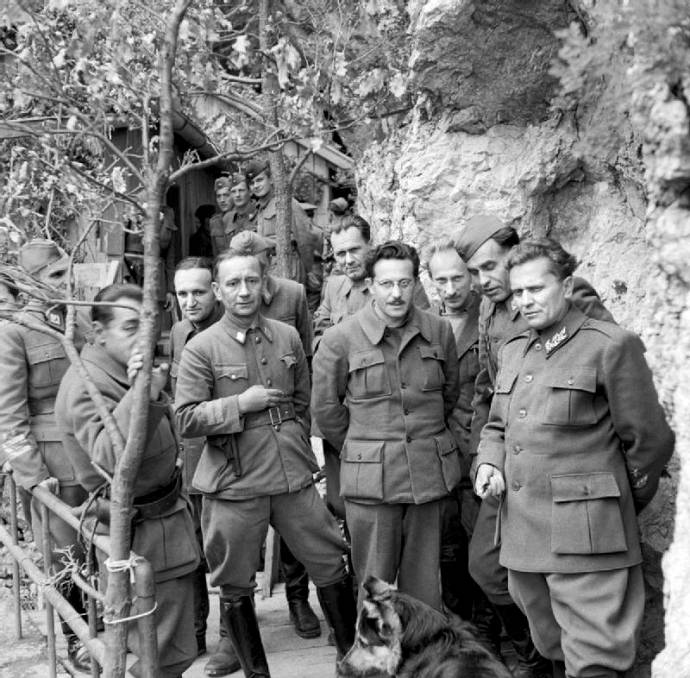"In 1941 those who believed that every nation has the right to live the way they want, went in the woods. That is why I cannot understand those who say that the whole thing was a farce and that the NOB (Narodnoosvobodilni boj – the National Liberation Struggle against occupying forces during WWII, led by the Communist Party) was unnecessary. It was our liberation struggle," Šarec was quoted as saying by Delo's news portal today.
Šarec also regretted the "events after the war", referring to postwar summary executions.
"The fact that we speak our language today, fight in it and moan in it, is a value for which these fighters sacrificed their lives," said Šarec, honouring all those who have fought for the Slovenian language from Primož Trubar, the 16th century author of the first book in Slovenia, to General Rudolf Maister, who secured what is now Slovenia's northern border.
Touching on the life in Yugoslavia, Šarec said that the federation had been the homeland of Slovenians until "nations in some republics wanted dominance over other nations."
The JLA Yugoslav army was the Slovenian army until it turned against the Slovenian nation, "to which we had no influence," Šarec said. "But we did resist to such policy in 1991 and used a historic opportunity."
The prime minister was also critical of those who claim patriotism as their own exclusive right, saying that "patriotism is the right and duty of us all".
The annual ceremony was held at the Cvibelj memorial near Žužemberk to commemorate over 2,200 freedom fighters, including some 140 foreigners, who lost their lives fighting against Nazis in the Dolenjsko region during WWII.
The memorial erected in 1961 features the names of 1,150 Slovenian and foreign fighters and victims of Nazi terror in Dolenjsko, south-east. However, the latest research shows that the actual figure topped 2,200.
According to Žužemberk Mayor Franc Škufca, the names of the remaining fighters will be added to the memorial by next year's ceremony. The renovation of the monument will cost some EUR 20,000, but the state will co-fund the project, he told Delo.
Among the names on the memorial are some 140 foreign fighters who came to fight Nazism, including from Austria, Belarus, Bosnia-Herzegovina, the Czech Republic, Montenegro, Croatia, Italy, Lithuania, Hungary, Macedonia, Russia, Serbia and Ukraine.
The freedom fighters were also helped from the air by the United Kingdom.
You can learn more about the monument here.







